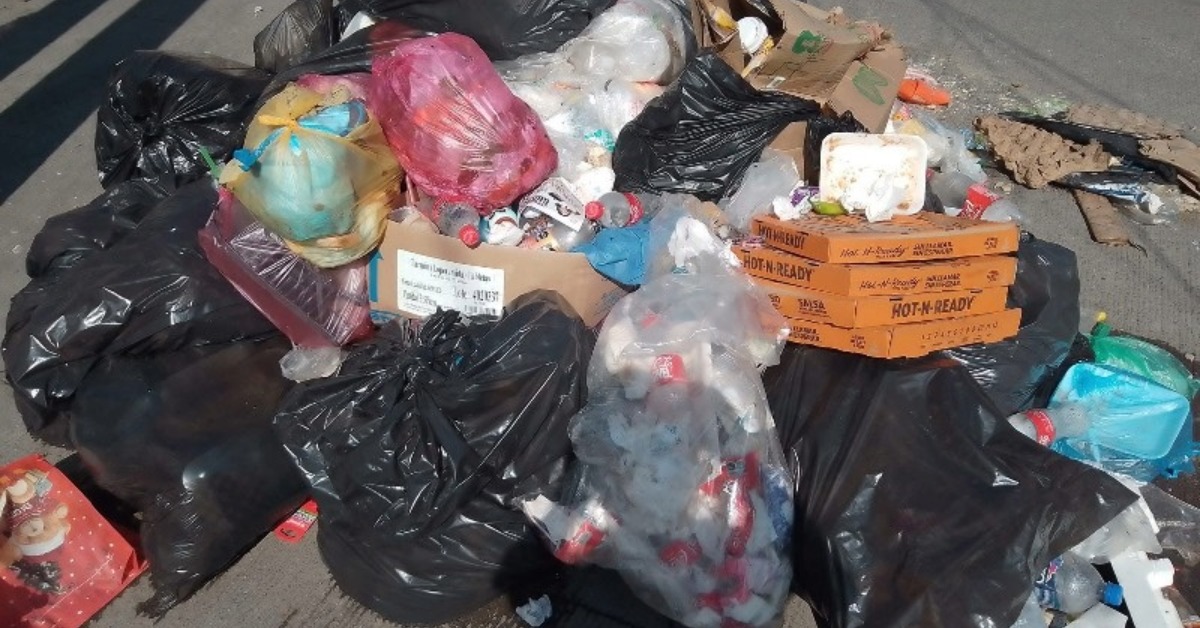Littering complaints in Tepic are rising, clogging pipes and triggering floods; authorities urge anonymous reports to curb the problem . . .

Littering complaints in Tepic are rising, clogging pipes and triggering floods; authorities urge anonymous reports to curb the problem . . .
